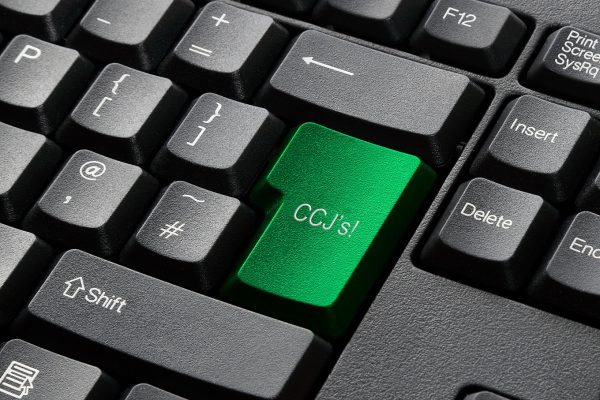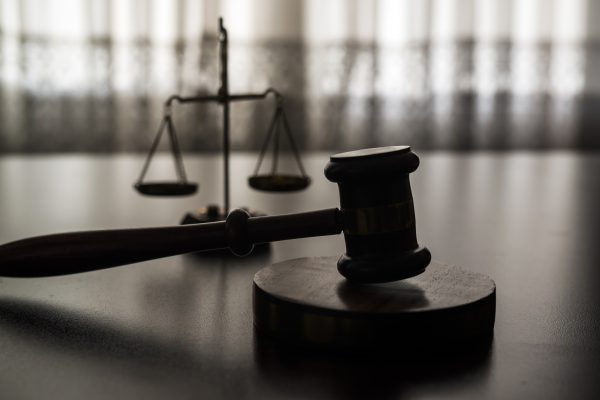Author: Nona Bowkis
Published: July 1, 2018
Reading time: 1 minute
This article is 7 years old.
Read our disclaimer keyboard_arrow_down
This website content is intended as a general guide to law as it applies to the motor trade. Lawgistics has taken every effort to ensure that the contents are as accurate and up to date as at the date of first publication.
The laws and opinions expressed within this website may be varied as the law develops. As such we cannot accept liability for or the consequence of, any change of law, or official guidelines since publication or any misuse of the information provided.
The opinions in this website are based upon the experience of the authors and it must be recognised that only the courts and recognised tribunals can interpret the law with authority.
Examples given within the website are based on the experience of the authors and centre upon issues that commonly give rise to disputes. Each situation in practice will be different and may comprise several points commented upon.
If you have any doubt about the correct legal position you should seek further legal advice from Lawgistics or a suitably qualified solicitor. We cannot accept liability for your failure to take professional advice where it should reasonably be sought by a prudent person.
All characters are fictitious and should not be taken as referring to any person living or dead.
Use of this website shall be considered acceptance of the terms of the disclaimer presented above.
CCJs can cause havoc with your credit record and so your ability to obtain loans.
These can be avoided by winning in court but, if you find yourself on the losing end of a claim or having a default judgment issued against you as you failed to respond to a claim, you can still avoid having a CCJ on your credit record.
Once a court orders you to pay a CCJ, as long as you pay the amount in full within one month, the court judgment will not end up on your credit record. However, if you delay payment and you pay after the one month limit, the CCJ will stay on your record for 6 years but will be marked as ‘satisfied’ to show you have paid it. If you fail to pay it at all, it will just stay on your record for 6 years without a satisfied marker.
So, if you have the misfortune of losing in court, always be prepared to pay any CCJ in full straight after the hearing if you want to keep your credit record clean.








